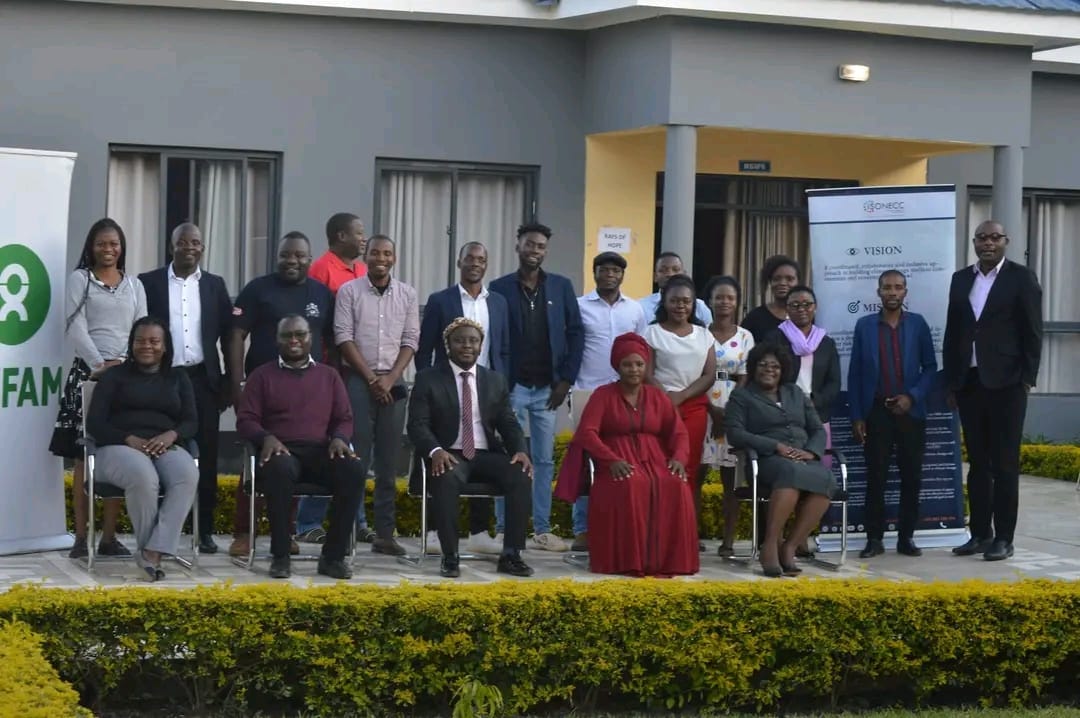Malawi urged to switch to clean, renewable energy to tackle climate change
Civil society advocates for Malawi to adopt renewable energy to reduce dependence on biomass and fight global warming, writes Abraham Bisayi.
LILONGWE, Malawi— A civil society network on climate change has urged Malawi to adopt clean and renewable energy solutions to reduce its dependence on biomass and combat the effects of global warming, writes Abraham Bisayi.
The Civil Society Network on Climate Change (CISONECC) held a two-day orientation and capacity-building session for media and energy champions in Lilongwe on Monday and Tuesday.
The session aimed to create champions who could raise awareness among communities about the benefits of switching from biomass to clean and renewable energy sources.
According to CISONECC, 96% of households in Malawi rely on illegally and unsustainably sourced biomass for domestic cooking and heating energy.
This contributes to deforestation, land degradation, and greenhouse gas emissions.
Julius Ng’oma, the national coordinator of CISONECC, said that climate change is forcing people to change their ways of living and urged the energy champions to promote the adoption of clean and renewable energy solutions in their respective areas.
“We need to switch to clean and renewable energy because climate change is making us change our ways. We need to adapt and mitigate the impacts of climate change,” Ng’oma said.
He added that CISONECC is implementing a project called “Promoting Clean and Renewable Energy Solutions in Malawi” with support from Oxfam Malawi. The project aims to increase access to clean and renewable energy for 10,000 households in six districts by 2023.
One of the energy champions, His Royal Majesty Inkosi ya Makosi Gomani V, the paramount chief of the Ntcheu district, commended CISONECC for the initiative, saying that it would help communities understand the impact of using clean and renewable energy.
“I am happy to be part of this project because I believe that clean and renewable energy is the way to go. It will help us conserve our environment and improve our livelihoods,” Gomani said.
Sipho Billiat, the development planning manager of the National Planning Commission, also praised CISONECC for its efforts and stressed the need for proper coordination between stakeholders and the government to help achieve Malawi’s 2063 vision, which focuses on renewable energy.
“We need to work together as a nation to ensure that we have a sustainable energy sector that can support our development agenda. Renewable energy is key to achieving our vision of becoming an upper-middle-income country by 2063,” Billiat said.
The orientation and capacity-building session included media personnel from MBC, MANA, Nation newspaper, kulinji.com, Zodiak, CAN, and Mzati radio and television.



